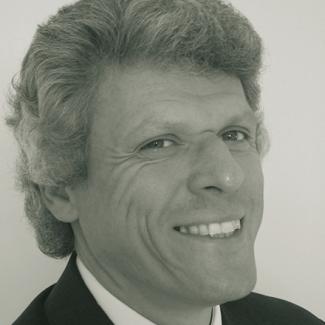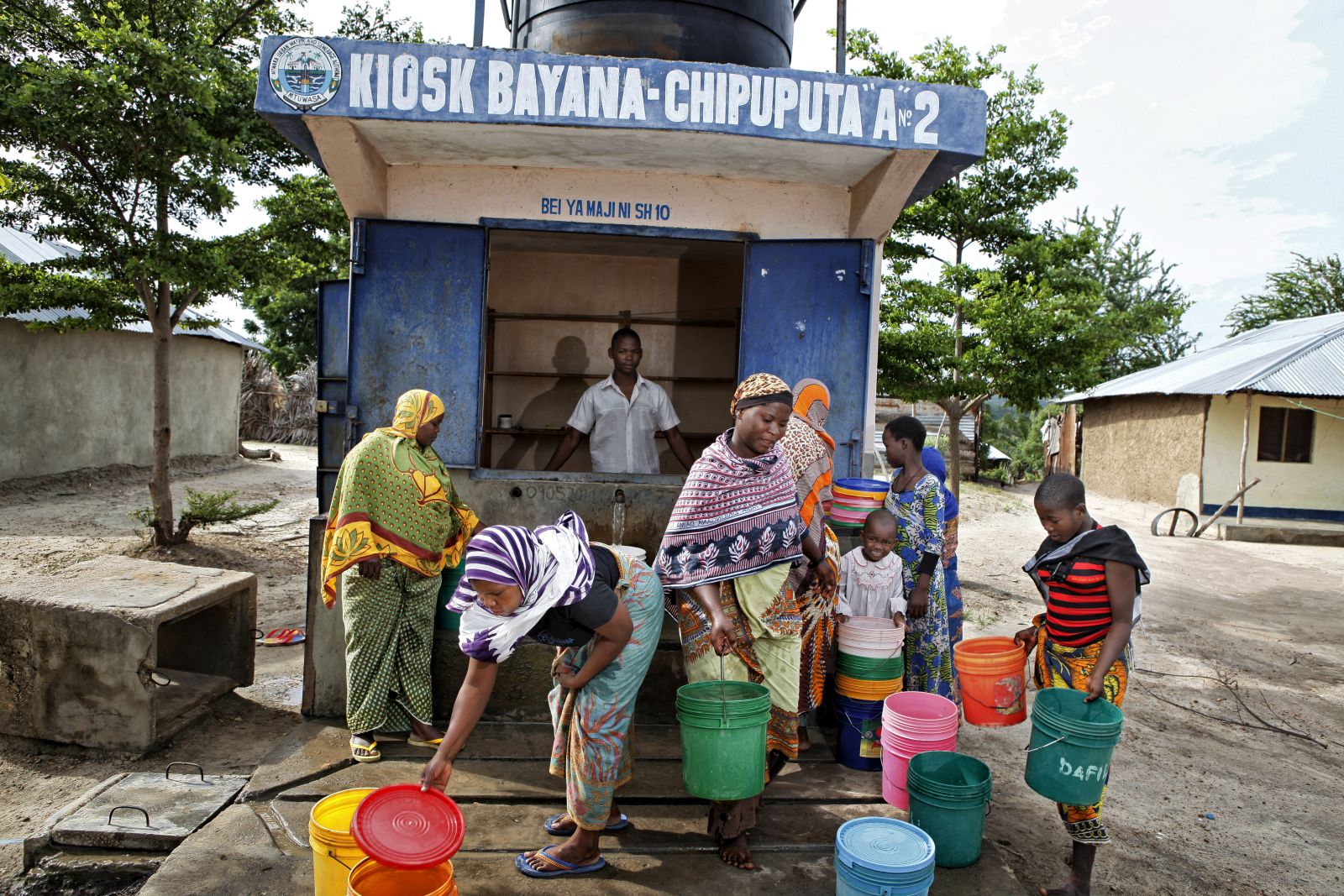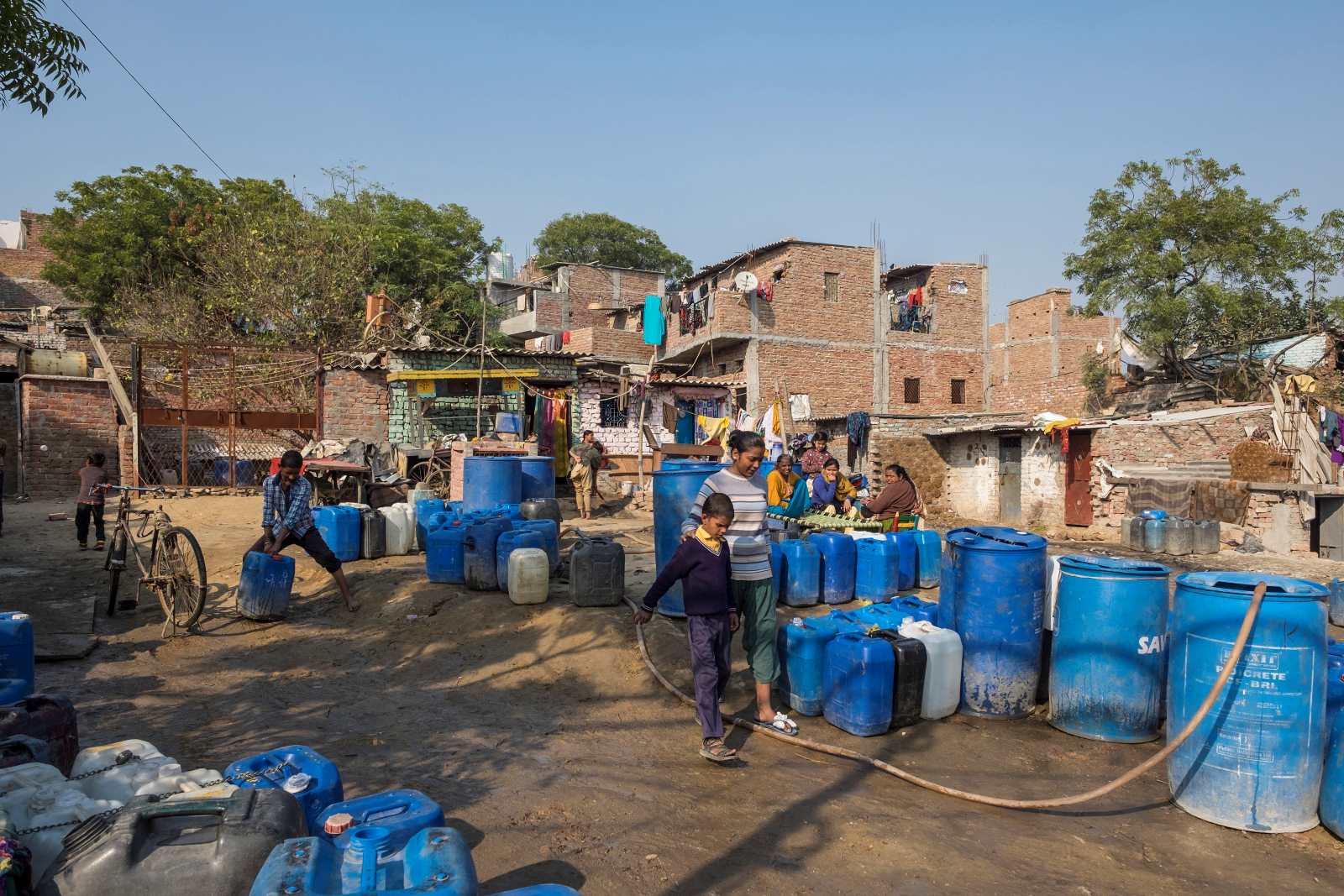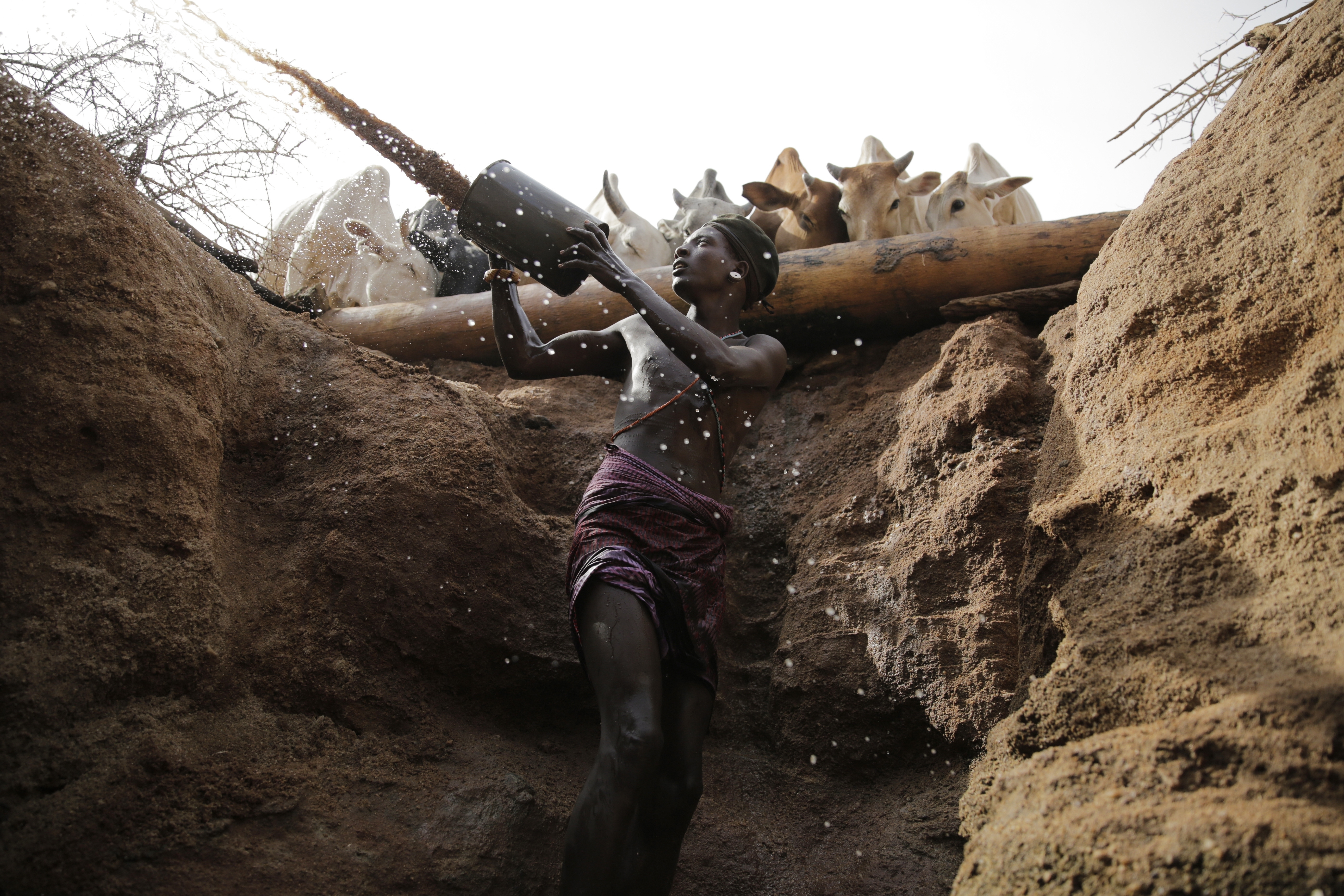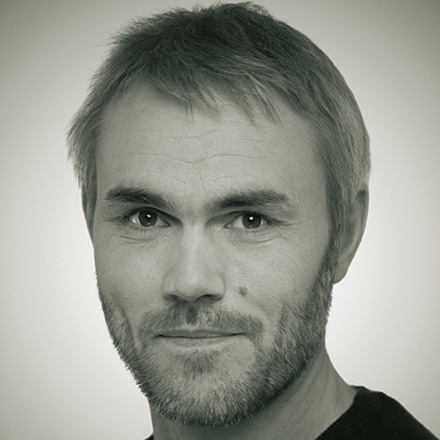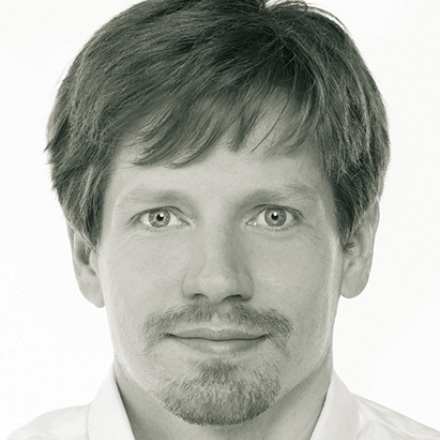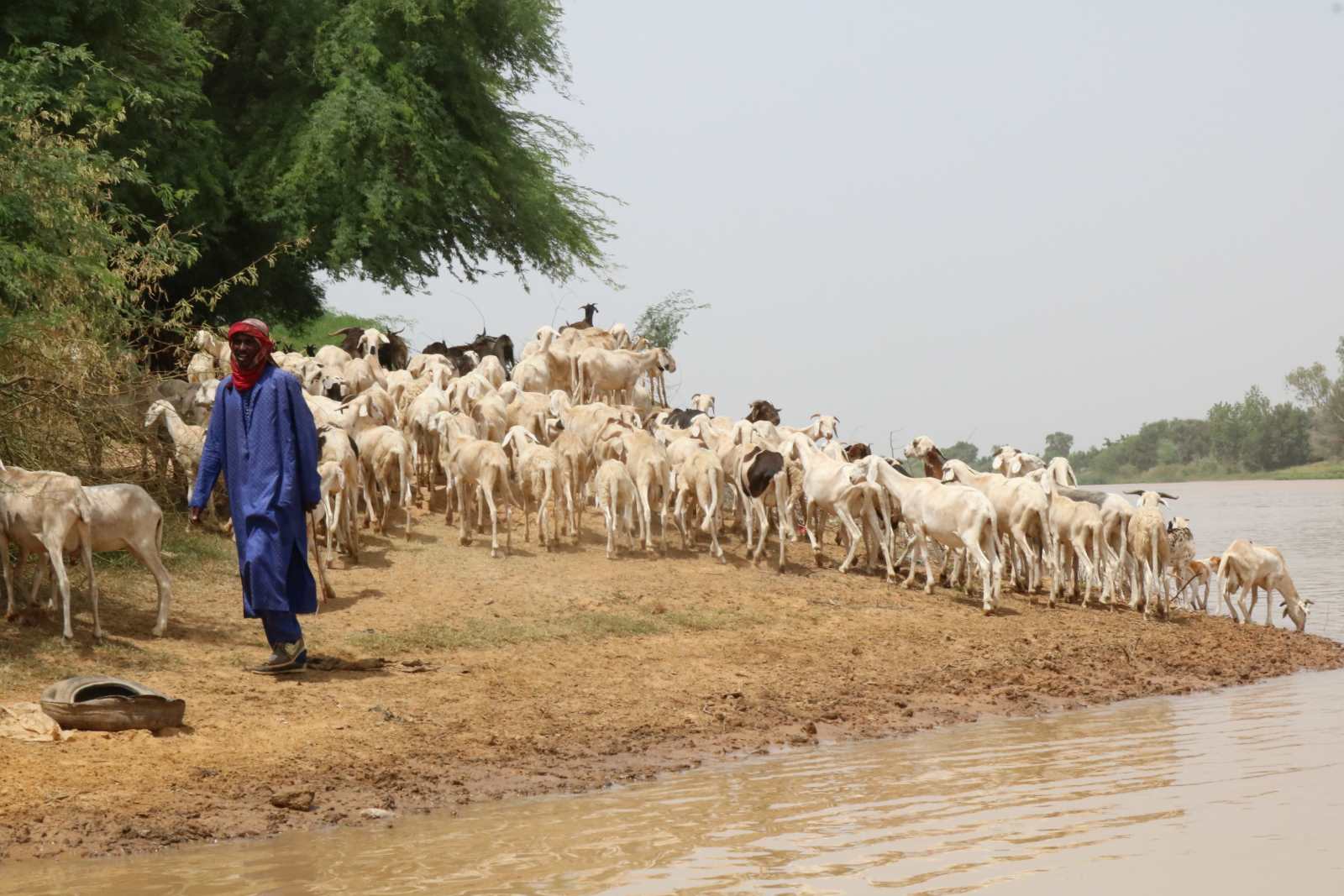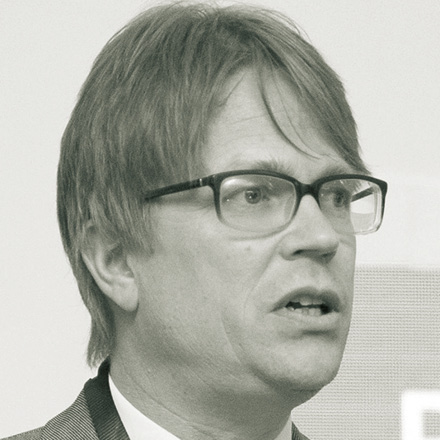Water supply
Equipping water utilities to meet SDG6
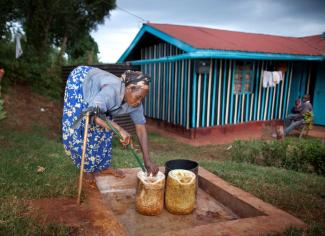
Access to adequate drinking water, sanitation and hygiene is enshrined in the UN’s 6th Sustainable Development Goal (SDG6), and it is a human right too. However, water is not universally available. In many low-income countries, people face fundamental questions every day: where can I find safe water for drinking, cooking and hygiene? How much is available? How long is the walk to get it? And how polluted will it be?
Water resources are becoming more and more scarce. The climate crisis and urbanisation are exacerbating the situation. According to WHO and UNICEF, over 2 billion people lack access to clean drinking water. 3.6 billion also have no safe access to sanitary facilities. Women and girls are most affected. They suffer significant social and economic disadvantages because they have to walk long distances every day carrying heavy buckets in order to survive, or because they regularly stay away from work or school, especially during menstruation, due to lack of sanitation facilities.
The UN Water Conference – a game changer?
The first UN Water Conference in 50 years took place in March this year. It was celebrated as a “turning point” for the global water crisis. The media rightly lauded the diplomatic successes and 689 voluntary commitments made by the international community. However, according to WHO and UNICEF, access to piped drinking water in cities has declined by ten percent over the past 20 years in central and southern Asia, for example.
The numbers are regressive in sub-Saharan Africa as well. Nowadays just over half (about 57 %) of the urban population has access to drinking water from the tap. Twenty years ago, however, that number was close to two-thirds. Around the world, achieving SDG6 remains a remote prospect. A trend reversal is nowhere in sight.
The financing gap is growing along with the global supply crisis. Official development assistance (ODA) relating to water declined by 12 % between 2015 and 2021 according to the UN. The latest UN report warns that financing will have to increase sixfold in order to ensure universal access to safe drinking water and sanitation by 2030.
Urban water utilities play a key role in this context. They are not only responsible for closing urban coverage gaps but are also on the front lines of the battle for global health and against pandemics, as the Covid-19 pandemic showed.
At the same time, water utilities are indispensable to making urban settlements liveable, productive and adaptive. That is true especially in light of uninterrupted urbanisation and the consequences of climate change, such as increasing water scarcity, heat waves and flooding. For that reason, the UN, World Bank, OECD and other multilateral organisations are calling for the mobilisation of additional financing for the global water sector. Capital should flow not only from public budgets, but also from commercial and private sources.
More money alone will not solve the water crisis
Yet more money is not enough on its own, as German development cooperation actors have learned with regard to advising and financing public water utilities. Experience also shows that it is not easy to mobilise funds from local banks or from impact-oriented investors.
If water utilities are not professionally managed, additional funding can even have negative consequences: it can encourage corruption, lead to the deterioration of equipment and networks after initial improvements and cause customers to become increasingly frustrated. According to a World Bank study, nine out of ten utilities are not creditworthy. Access to banks and capital markets therefore remains closed.
Most utilities must first better maintain existing infrastructure and manage it more professionally. This means, for example, connecting additional customers to the existing networks, installing water meters, fully utilising the capacities of the existing wastewater-treatment plants and reducing electricity consumption and the sometimes serious water losses by 50 % or more. More money will only have an impact if the utilities are able to do these things.
These steps are also necessary to raise utilities’ own revenue to a sustainable level. Only then will policy makers and regulatory authorities be willing to approve water tariffs that are both sustainable and socially acceptable. That’s because tariffs that do not cover costs make it impossible for utilities to serve everyone on a permanent basis and become creditworthy.
More than “projects”
The example of the water utility in Nyeri, a city of approximately 140,000 people in central Kenya, is instructive in this regard. The company’s motivated management won the support of political decision-makers and was thereby able to significantly improve both service and its own economic situation.
The Nyeri Water and Sanitation Company (NYEWASCO) managed to more than double the number of connections in the city since the end of the 1990s, reduce water losses to below 20 % and, at the same time, generate the cost of operating and maintaining facilities and networks, thereby creating more leeway for new investments. In doing so NYEWASCO also steadily expanded service for the poor. To date Kenya’s water regulation authority has designated the company the best water utility in the nation 14 times in a row. That achievement proves that such success can be maintained over the long term.
Evaluations by the KfW Development Bank, World Bank and other important investors show that project financing for new infrastructure pays too little attention to corporate governance and local political support, both of which are important ingredients of success. As a result, many projects cannot contribute to improving utilities’ leadership and creditworthiness.
What’s more, financing is often not adequately tied to improving service provision and in-house efforts. It also doesn’t help utilities bring about the necessary cultural transformations, reforms and efficiency increases within their companies and introduce new technologies. Technical consulting and training of operating staff also fall by the wayside if funds are lacking for critical procurements like water meters or repairs.
Development cooperation must step in here to ensure that technical and financial support make reforms possible, and that local managers receive targeted assistance at the right moment as they mobilise support and funds for utility reforms (see box). What is needed is not always new infrastructure projects, but a holistic strengthening of water utilities as economic enterprises oriented towards the common good, in order to provide a socially just, high-quality, affordable and sustainable public service and to contribute to a just transition.
Daniel Nordmann is policy advisor for GIZ and KfW for the Urban Water Catalyst Initiative.
daniel.nordmann@giz.de
Dieter Rothenberger is head of the GIZ sector programme “International Water Policy – Innovations for Resilience”.
dieter.rothenberger@giz.de
Jörg Dux is head of the KfW team “Water and Waste Management in North Africa”.
joerg.dux@kfw.de


